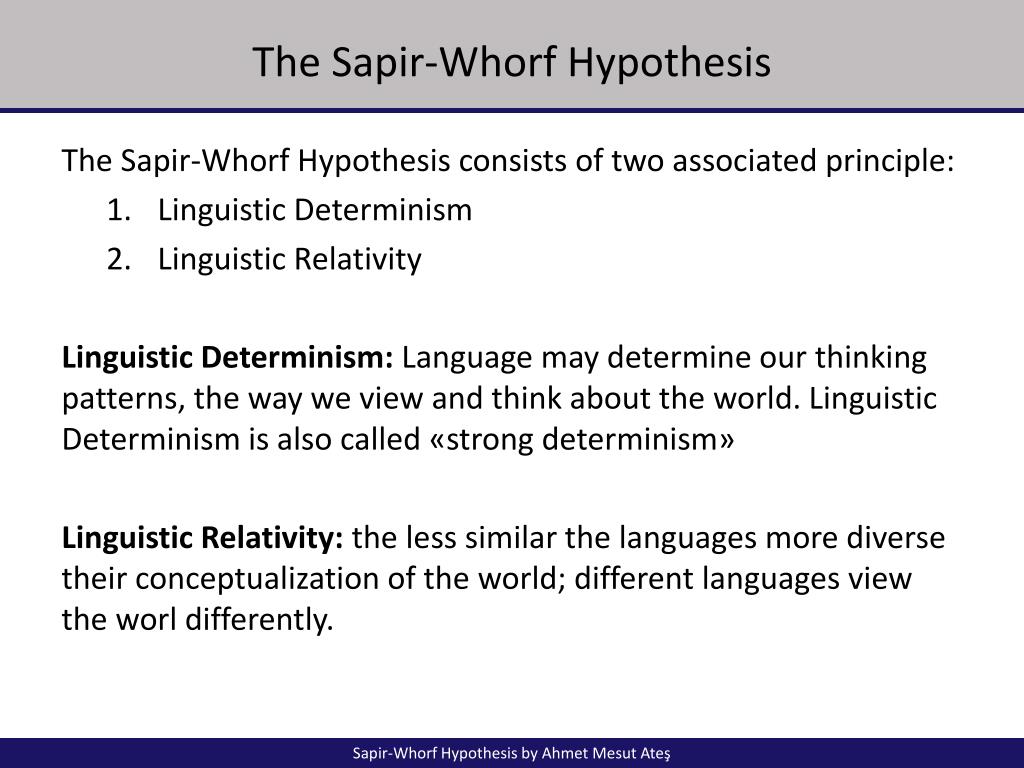
In this video, Chomsky discusses the major debates in linguistics: “Human language appears to be a unique phenomenon, without significant analogue in the animal world”

Chomsky’s theories on the extent to which language is innate to humans, and his ‘universal grammar’ theory is incomparable to anyone else. I highly encourage you to watch this short video titled “Does language shape how we think? Linguistic relativity & linguistic determinism.” as it touches on all points of this hypothesis and visually aids one to understand it.Ĭhomsky is a linguist, philosopher, and, in his role as political activist. “Language is not simply a reporting device for experience but a defining framework for it.” “The psychology of a language which, in one way or another, is imposed upon one because of factors beyond one’s control, is very different from the psychology of a language which one accepts of one’s free will.”Īn American linguist known as an advocate for the idea that because of linguistic differences in grammar and usage, speakers of different languages conceptualize and experience the world differently. Noam Chomsky, on the other hand, proposes that whatever tongue we speak in, we still perceive of the world in the same way, therefore innate abilities in language learning mean that language is universal.Īn American anthropologist-linguist, who is widely-considered to be one of the most important figures in the early development of the discipline of linguistics.


The Sapir-Whorf hypothesis, created by linguists Edward Sapir and Benjamin Lee Whorf, suggests that our understanding of the world depends to a large extent on the language with which we use to interact with it, in other words, different languages lead to different perceptions of reality, leading cultures to behave distinctly according to what words and phrases they use to label the world. We were then asked a question based off of the Sapir-Whorf hypothesis and Chomsky’s linguistic theory. In our last TOK seminar, we discussed one of the ways of knowing: Language.

Do different languages lead to different perceptions of reality (Sapir-Whorf Hypothesis)? Or do we think the same way in any language (Chomsky)? What do you think?


 0 kommentar(er)
0 kommentar(er)
